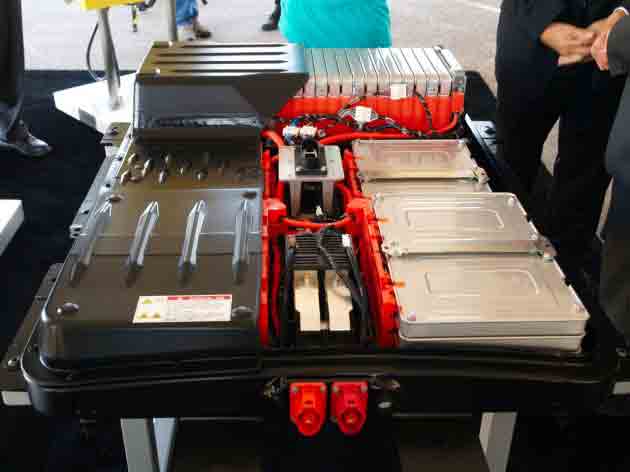
When a discussion on electric vehicles about operating range starts always seems to be on surface.
Case in point: a recent study conducted by a panel at Indiana University claims that the technology behind battery-powered vehicles isn’t ready for prime time.
The study argues that costs, along with limited range, will hinder adoption of pure electric vehicles. The panel urges that advancements in battery technology is necessary, stating that lithium-ion chemistry, the current power source of choice for battery-powered autos, “may never have adequate energy density to independently power a household’s primary multi-purpose vehicle.”
This statement seems to indicate that a breakthrough battery, possibly of the lithium-air or solid-state variety, will have to reach the mass-production level before electric vehicles can offer sufficient range to replace one’s primary electric vehicles. One tiny detail the study’s sobering statement overlooks? Operating range is a non-issue at least for the vast majority of drivers of current electric vehicles.



